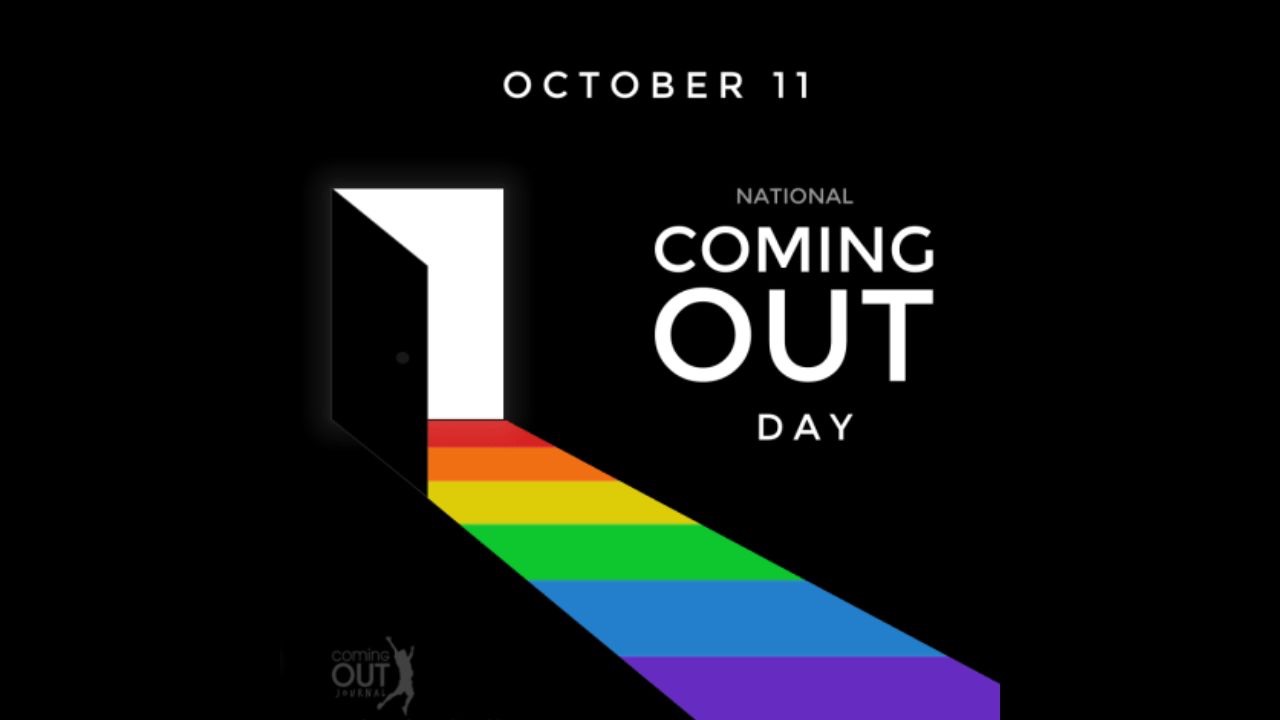
Merriam-Webster defines choose, a verb, as: "to select freely and after careful consideration." The third definition is decide, "to make a final choice or judgment about."
I didn't choose to be the parent of two LGBTQ+ sons. My oldest son is gay, and my youngest son is transgender, and I am their mother; because these two things are true about my sons, that makes me the parent of two LGBTQ+ sons.
What I chose to be is supportive of my sons.
But, even if I had chosen not to be (and some parents do), I would still be the parent of two LGBTQ+ sons. That was not my choice - much in the same way that I didn't choose for them to have brown hair, eyesight that needs correcting, innie belly buttons, or mental illnesses. Like those characteristics, their sexualities and gender identities are a part of who they are, not the defining thing about them.
What I chose to be is an ally to both my sons and the greater LGBTQ+ community.
When I made that choice, I didn't know that saying I was an ally wasn't being one. Sure, I was accepting, and I supported people's right to love whomever they chose and to express themselves in whatever way they wanted. But I didn't talk about it with anyone else. And I didn't share about it publically (we also didn't have social media at the start, but that's just making excuses). And I didn't support organizations that fought to protect the rights of the LGBTQ+ community.
I didn't do the work to educate myself about what it meant to be an LGBTQ+ person and how I, as an ally, could be supportive.
In 2017, I sat in a room with many other writers, and we talked about sharing our writing with other people. At that time, my blog was about an entirely different topic, which I had been writing about successfully for several years. In my heart, though, I knew I wanted to be writing for parents of transgender children. I knew that when I started my blog, but I was too afraid to do it. I was scared that I wasn't knowledgeable enough, that my voice wasn't good enough, and most of all, I was afraid that I might offend someone in the transgender community by sharing my thoughts and feelings about a brand new topic. I thought I might do more harm than good, so I wrote about something that felt safe.
On that fall day in 2017, I was challenged to think about who my reader was. And I asked someone whose opinion I value very much, "What if the person I'm writing to, isn't the person I'm supposed to be writing for? What if the actual thing I want to write about is something that feels so big and scary, I'm afraid to put it down on the page?" And he very gently said, "What are you so afraid of? I think maybe you need to rethink what you are writing about and who your reader is, and I think you already know what the answers to your questions are, don't you?"
I informed my email list that I would be sharing more of my story with them, and then I began writing about it here on my blog. It made me feel raw and vulnerable, but every time I write an email or share a post, I'm reminded of how others in the LGBTQ+ community must feel daily.
As parents, we have the choice of whether or not to support our children when they come out. To be a safe person for them to process their experiences and emotions. To be a safe place to come home to. To love them unconditionally, no matter what. After that, the next best choice you can make is to be an ally - to show them that we support not only them but also their friends, colleagues, and love interests.
If you would like to learn more about being an ally, I have a resource I can send you. Just click email me, and I'll send it to you. My information is under "About" at the top of the page. If you have any questions about supporting your child, please drop them in the comments or email me.
Subscribe to get my latest content by email, and I'll send you SIX questions to ask yourself before sharing that your child is transgender: because it can be a little overwhelming and sometimes you just need to know where to start.
We hate SPAM. We will never sell your information, for any reason.

